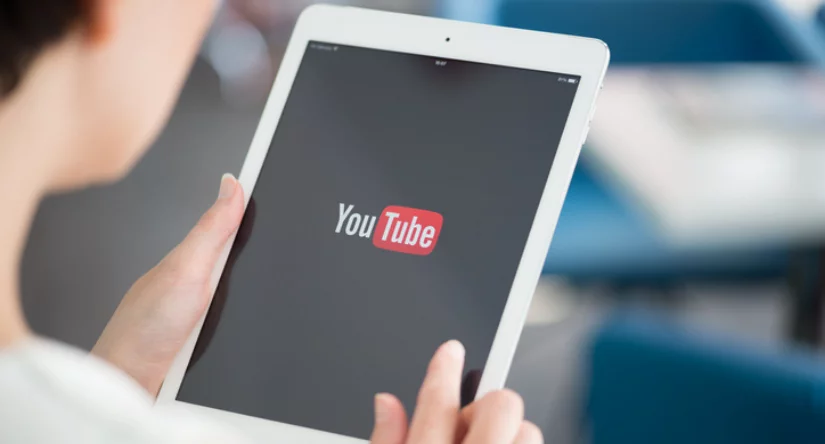

Recently, the American Journal of Therapeutics reported that there was strong evidence that a treatment for COVID-19 had been found:
“Meta-analyses based on 18 randomized controlled treatment trials of ivermectin in COVID-19 have found large, statistically significant reductions in mortality, time to clinical recovery, and time to viral clearance.”
The American Journal of Epidemiology also reported on strong evidence of a different treatment for COVID-19:
“Five studies, including 2 controlled clinical trials (of hydroxychloroquine), have demonstrated significant major outpatient treatment efficacy.”
What these reports have in common is that YouTube explicitly forbids these therapies to be discussed on its platform. It’s policy states:
“Don’t post content on YouTube if it includes ….. Claims that Ivermectin or Hydroxychloroquine are effective treatments for COVID-19”
Furthermore, YouTube characterizes any information that dissents from the view of the “local health authorities” or the World Health Organization as “misinformation”:
“YouTube doesn’t allow content that spreads medical misinformation that contradicts local health authorities’ or the World Health Organization’s (WHO) medical information about COVID-19.”
Under YouTube policy, the peer-review medical literature has lost its place as the source of medical information to governmental and para-governmental organizations. In the US, the relevant organizations are the FDA and the NIH. The FDA currently recommends against the use of Ivermectin and Hydroxychloroquine in COVID-19 except in clinical trials.
The FDA does not, however, offer any evidence to support this recommendation. In fact, the FDA clarifies:
“The FDA has not reviewed data to support use of ivermectin in COVID-19 patients to treat or to prevent COVID-19 …”
Nor does the FDA claim that any formal procedure was followed. It doesn’t even identify the individual or individuals who developed that recommendation.
The case of the NIH recommendation on Ivermectin is even more troubling. The NIH formally does not recommend for or against the use of Ivermectin but does make it clear that there are “insufficient data” to make that recommendation. The NIH names the medical experts who form the Panel and explains the procedures for developing the COVID-19 recommendations. Then, apparently, the NIH deceptively bypassed both in arriving at its recommendation.
Our reporting on the National Institutes of Health (NIH) COVID-19 Treatment Guidelines has found that the NIH cannot state whether a vote was held to endorse the latest recommendation on Ivermectin. The NIH even decided to fight a complaint in federal court simply to avoid answering that question. This reporting shows that the NIH cannot be trusted.
Aside from the NIH’s deceptive ivermectin recommendation, the American public is generally skeptical of public health authorities. As reported earlier, a survey was recently conducted by the Robert Wood Johnson Foundation and the Harvard T. H. Chan School of Public Health on the public’s views of the US public health authorities. The top line finding was:
“The public lacks the high level of trust in key public health institutions necessary to address today’s and future challenges.”
Why then is YouTube adhering so uncritically to the views of “local health authorities”? In so doing, it is obstructing patients and health care providers from accessing the best medical information.
If you like our work, please consider to donate:
 RSS Feed
RSS Feed















 May 21st, 2021
May 21st, 2021  Awake Goy
Awake Goy  Posted in
Posted in  Tags:
Tags: 













